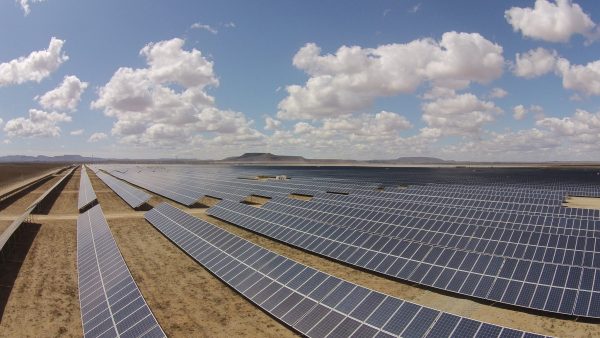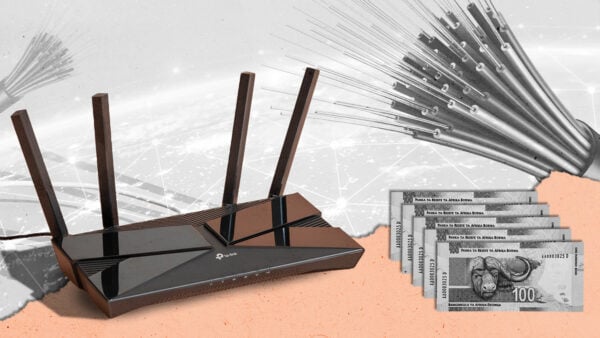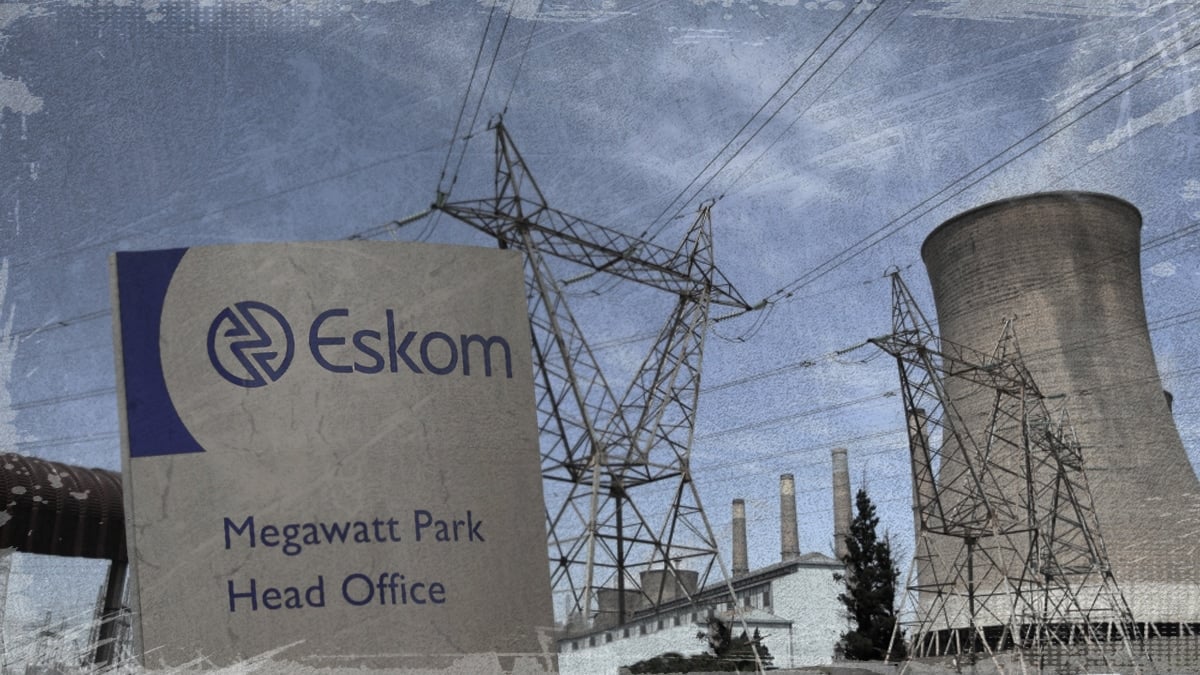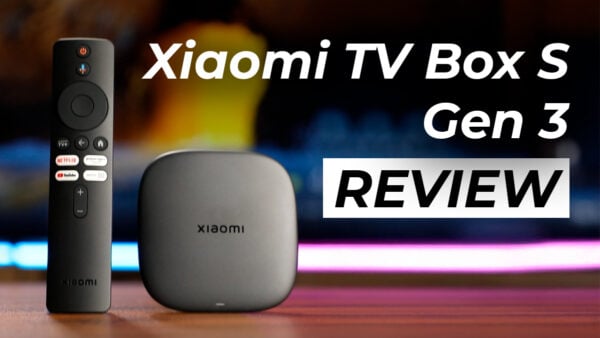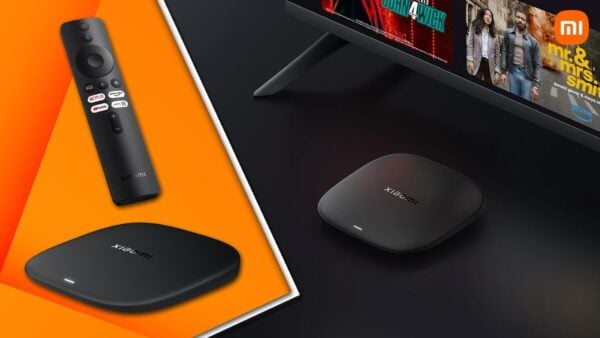Competition Tribunal explains why it blocked R13-billion Vodacom-Maziv deal

The Competition Tribunal has published a 374-page document highlighting its reasons for blocking Vodacom from acquiring a 30% to 40% stake in Vumatel and Dark Fibre Africa’s parent company, Maziv.
The Tribunal delivered its order blocking the transaction on 29 October 2024 — three years after Vodacom and Maziv announced the deal.
Vodacom announced in November 2021 that it had entered into a deal to buy a stake in the fibre assets of Community Investment Ventures Holdings (CIVH), which owns Vumatel and Dark Fibre Africa (DFA).
CIVH, in turn, is majority-owned by Remgro, which holds a 57% stake. Maziv is a subsidiary of CIVH, established in large part to facilitate the transaction.
Its primary reason for blocking the transaction is that it would substantially prevent or lessen competition in South Africa’s fibre and mobile sectors. Moreover, it believes these effects would be permanent.
The Tribunal also believes the transaction would likely to trigger further industry consolidation and concentration.
“As the proposed merger would be permanent, it will likely entrench Maziv as the leading fibre-to-the-home provider going forward,” the document reads.
“The harm to competition, together with the foreclosure effects that cannot be effectively remedied, will grow over time.”
The merger would further strengthen Maziv’s already leading market position, and remove a potential future competitor in Vodacom in fibre-to-the-home (FTTH) and fibre-to-the-business (FTTB).
The Tribunal noted that Vodacom’s strategic documents indicated its intent to expand its fibre network significantly, which would have benefited consumers through lower prices and increased innovation.
However, allowing the merger would eliminate this potential. The Tribunal also believed that allowing the merger would impact fixed wireless access (FWA) services in South Africa.
“In relation to FTTH, we highlighted that for a very large part of the Vumatel FTTH areas, there is no overbuild and hence the only competition can come from FWA,” it said.
“The proposed transaction will chill competition in those areas, resulting in harm to consumers in a growing market.”
The Tribunal raised concerns over the potential bundling of services by the merging parties, including combining fixed-line and mobile services to give themselves an edge over other market players.
“The proposed merger brings about opportunities for consolidation, access by Maziv to Vodacom’s large subscriber base, and unique opportunities given Vodacom’s share in FTTH profits as a result,” it said.
It said the merger provides Maziv access in terms of FWA and mobile network assets, while Vodacom will benefit from Maziv’s FTTH and FTTB assets.
“In other words, Vodacom will have access to the scaled FTTH and FTTB network of Maziv, and Maziv will have access to Vodacom’s large-scale mobile network,” it stated.
“This then creates a conducive partnership for bundling.”
Concerns over vertical foreclosure

The Tribunal also identified significant risks of vertical foreclosure, where the merged entity would have the ability and incentive to disadvantage its rivals.
“The proposed transaction raises significant price and non-price vertical foreclosure effects at several levels, which will lead to a substantial lessening of competition in the affected markets,” it said.
The risks relate to the foreclosure of metro backhaul to mobile network operators (MNOs), in wholesale FTTB dark fibre to fibre network operators (FNOs), and in wholesale FTTH and FTTB to Internet service providers (ISPs).
“Post-merger, an MNO will have a significant shareholding and co-control in Maziv, and DFA will have an incentive to advantage Vodacom over its rivals through price and non-price mechanisms,” it said.
“The merger parties do not present evidence that refutes the core concern of customers, such as Rain and MTN, that they could be foreclosed through non-price mechanisms.”
On the part of FNOs, Frogfoot, Netstream, Bitco, and MetroFibre Networx raised concerns that they depend on DFA as the leading provider of wholesale fibre for metro connectivity.
“The concern is about input foreclosure in terms of access to metropolitan backhaul and wholesale FTTB fark fibre products used by FNOs to provide wholesale FTTB lit services,” the Tribunal said.
Following the Competition Tribunal’s blocking of the merger, the Department of Trade, Industry, and Competition launched legal action against it.
The Minister of Trade, Industry, and Competition, Parks Tau, filed an appeal against the Tribunal’s ruling — an unusual development as the competition watchdog is accountable to his department.
The appeal will be heard at the Competition Appeal Court, which is part of the South African judiciary, not the DTIC.
Vodacom and Remgro previously said the hearing is scheduled for 22 to 24 July 2025, with a ruling expected by September 2025.














